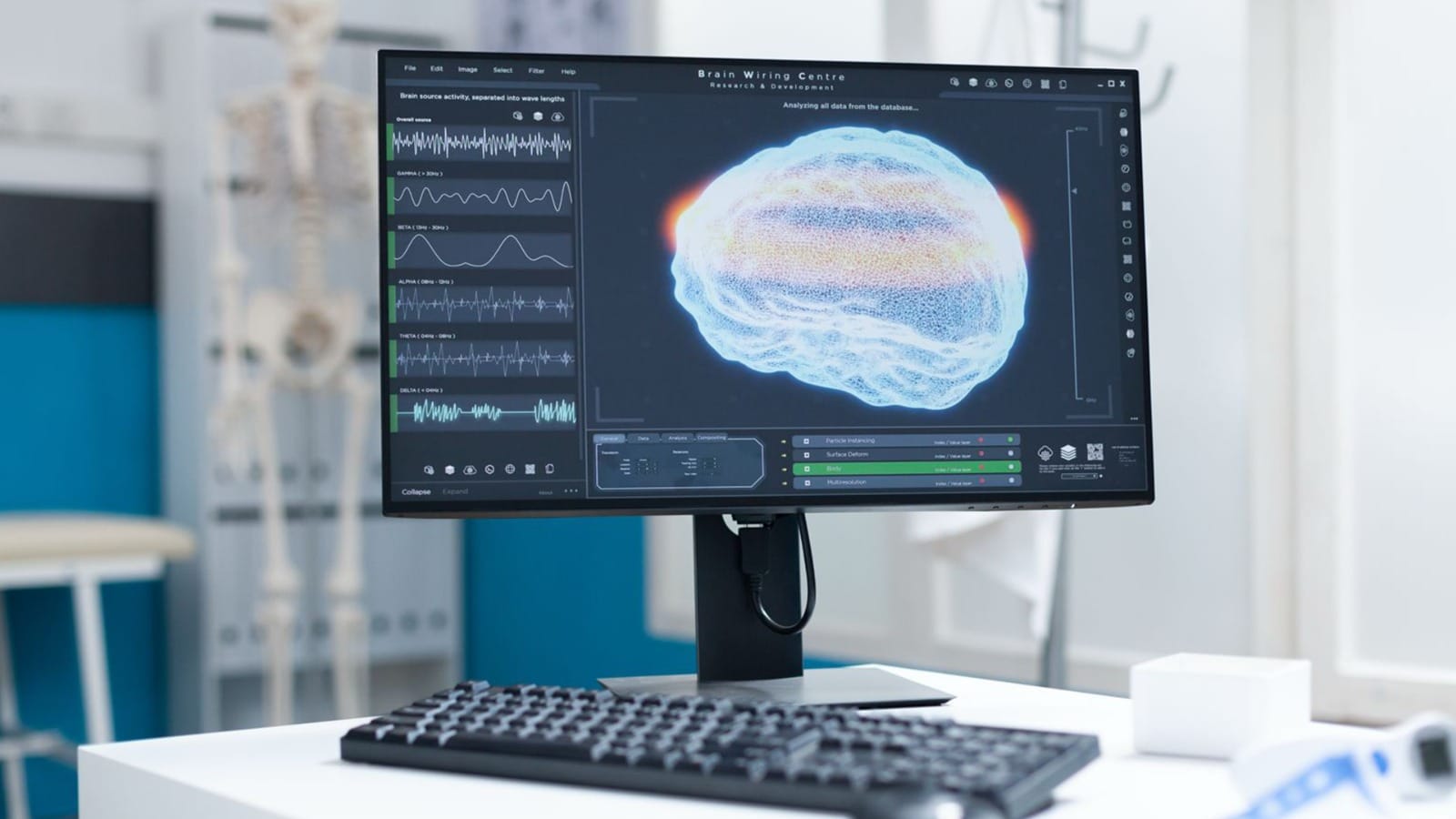AI and HealthTech: From Hype to Healing

Artificial intelligence is no longer a distant promise in healthcare. It's actively reshaping how we diagnose, prevent, manage, and deliver care. From algorithmic triage in emergency rooms to AI-powered mental health assistants, this shift is unfolding faster than many anticipated.
But in an industry where trust and rigor matter more than speed, the real question is: how do we distinguish genuine innovation from noise? And how can digital health players - from early-stage startups to hospital systems - build AI-driven products that are not only technically robust, but clinically meaningful and scalable?
The convergence of HealthTech and AI is being driven by system-level pressures: aging populations, rising chronic disease burden, clinician burnout, and unsustainable operational costs. According to the World Economic Forum, the global AI in healthcare market is expected to reach $187 billion by 2030, up from just $15.1 billion in 2022. Meanwhile, the European Commission emphasizes AI’s role in early diagnosis, genomics, and personalized medicine as essential pillars for the future of public health.
Better Health Report 2025 data reinforces this trajectory. Across Europe:
- 73% of consumers report greater awareness of disease prevention than five years ago.
- 81% of 18–28 year-olds already use AI to support prevention-related decisions.
- 55% of the overall population include AI in their health decision-making.
- 51% of high-income consumers view AI as a credible source for personalised recommendations.
These numbers reflect a generational and behavioral shift. AI in health is no longer an option — it’s becoming an expectation.
Three Areas Where AI Is Creating Real Impact
1. Clinical Decision Support
In fields like radiology and pathology, AI tools are already outperforming clinicians in spotting early-stage disease. Algorithms trained on vast medical image datasets can detect abnormalities such as pulmonary nodules or breast lesions with greater speed and accuracy. Startups like Aidoc and Zebra Medical Vision are already deployed in real hospital workflows across Europe and the U.S.
2. Prevention and Self-Care
AI-powered mobile apps are helping users make real-time, tailored lifestyle changes. The Better Health Report 2025 found that 57% of consumers are willing to share personal health data in exchange for personalized prevention advice. Wearables, fitness platforms, nutrition apps, and AI-driven diagnostics are emerging as daily companions in people’s health journeys.
3. Operational Automation
AI is streamlining back-office functions, from insurance claim handling to patient scheduling, unlocking more time for clinical care. McKinsey estimates that automation has the potential to free up 20–30% of clinician time, which could be redirected toward higher-value, human-centric care.
Benefits and Risks of AI in Healthcare
Benefits
- Scalability: AI systems can run 24/7 across geographies, with minimal marginal cost.
- Speed and accuracy: AI can process and analyse massive datasets in real time, identifying anomalies that might take days or weeks for a human team.
- Hyper-personalisation: Models can tailor recommendations to the individual’s context, not just population averages.
Risks
- Bias: Models trained on homogenous datasets may inadvertently reinforce clinical inequalities.
- Data privacy: Trust in digital health depends on rigorous standards for consent, access and encryption.
- Clinical validation: Many AI tools lack peer-reviewed, large-scale clinical trials - a gap that must be closed before real-world deployment.
Generative AI opens exciting new possibilities - from summarizing patient records to simulating treatment plans - but must be governed by strict frameworks around explainability, traceability, and ethical boundaries.
Interoperability and Compliance Are Not Optional
Interoperability plays a foundational role in the success of AI in healthcare. Standards like HL7 FHIR and SNOMED CT are essential for ensuring that data is usable, shareable, and safe for algorithmic interpretation. Without clean, structured data flowing through interoperable systems, even the best AI models will underperform.
Regulatory frameworks such as GDPR, HIPAA, and the EU’s Medical Device Regulation (MDR) are not just legal obligations - they are essential for trust. AI products in healthcare must be built with compliance as a design principle, not an afterthought. That includes traceability, auditability, and secure handling of personal health data at every layer.
Glazed x Canvas Medical: A Case of AI-Ready Engineering
Our work with Canvas Medical, a San Francisco-based startup reimagining the clinical operating system, is a strong example of how software engineering and clinical intelligence can evolve together.
Canvas is rebuilding electronic health records from the ground up with a deep focus on speed, safety and AI-readiness. Glazed helped engineer the system’s modular foundation, including custom HL7 FHIR APIs, privacy-first integrations, and clinician-optimized interfaces. Today, Canvas powers thousands of patient encounters and stands out for its commitment to scalable, developer-friendly innovation in healthcare.
Final Thoughts
The future of AI in HealthTech won’t be about replacing doctors. It will be about augmenting them. It will empower prevention-focused consumers. It will reduce strain on overloaded systems. And it will unlock new frontiers for research, diagnostics, and care.
But success depends on more than the quality of the algorithm. It depends on trust. On compliance. On responsible design.
At Glazed, we believe health software should never be an afterthought - it should be a clinical asset. That’s why our engineers work closely with founders, data scientists, and compliance leads to deliver solutions that are not only high-performance but also high-integrity.
If you’re working on an AI-enabled medical product and need senior engineers who understand both code and compliance, talk to us.
Let’s build healthcare products that scale. Ethically. Responsibly. And with purpose.

Thanks for reading. If you enjoyed our content, you can stay up to date by following us on X, Facebook, and LinkedIn 👋.

